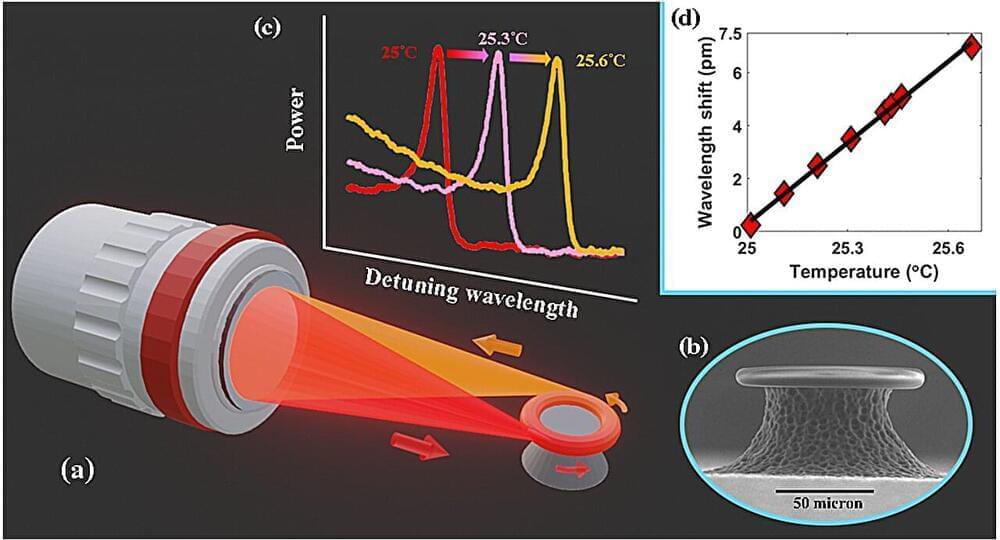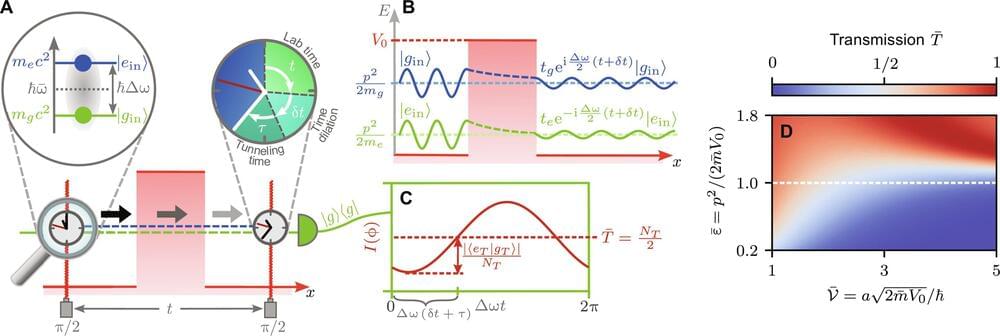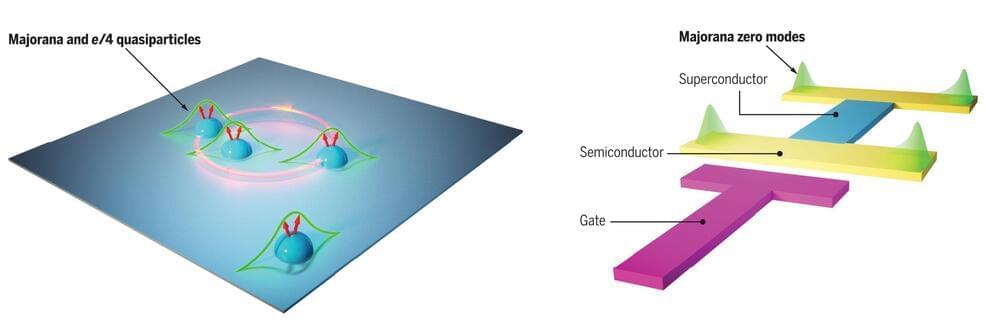Jason Comander, MD, PhD, performs the procedure to deliver the CRISPR-based medicine as part of the BRILLIANCE trial in September 2020 at Mass Eye and Ear. Credit: Mass Eye and Ear.
All 14 trial participants, including 12 adults (ages 17 to 63) and two children (ages 10 and 14), were born with a form of Leber Congenital Amaurosis (LCA) caused by mutations in the centrosomal protein 290 (CEP290) gene. They underwent a single injection of a CRISPR/Cas9 genome editing medicine, EDIT-101 in one eye via a specialized surgical procedure. This trial, which included the first patient to ever receive a CRISPR-based investigational medicine directly inside the body, focused primarily on safety with a secondary analysis for efficacy.
No serious treatment or procedure-related adverse events were reported, nor were there any dose-limiting toxicities. For efficacy, the researchers looked at four measures: best-corrected visual acuity (BCVA); dark-adapted full-field stimulus testing (FST), visual function navigation (VNC, as measured by a maze participants completed), and vision-related quality of life.








